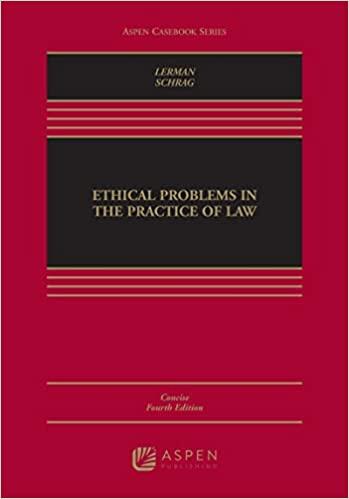Question
Samira Ahmed's employment tribunal victory is the latest blow to the BBC in a gender pay gap row that has engulfed the corporation since it
Samira Ahmed's employment tribunal victory is the latest blow to the BBC in a gender pay gap row that has engulfed the corporation since it was forced to reveal the salary details of its top earners in 2017. Published at the behest of the government under the BBC's new royal charter, the list showed that only a third of its 96 top earners were women and the top seven were all men. The then prime minister, Theresa May, joined criticism of the corporation for "paying women less for doing the same job as the men", and some of the BBC's most high-profile female personalities wrote an open letter to the director general, Tony Hall, urging immediate action. Lawyers presciently warned that female stars could lodge claims of sex discrimination. Hall, while insisting the BBC was doing better than others, said he was committed to closing the gap by 2020. He commissioned a review of pay, published later that year, which showed the gender pay gap at the corporation was 9.3%. The review concluded that nearly 500 employees may have been getting paid less than colleagues in a similar role because of their gender but that there was "no systemic discrimination against women". However, it did not include the vast majority of on-air presenters, editors and senior managers, meaning the validity of the report was called into question. In January 2018, the BBC faced further embarrassment when one of its most senior journalists, the China editor, Carrie Gracie, resigned over the gender pay gap, accusing the corporation of a "secretive and illegal" pay culture, which flouted equality laws. The BBC has since made some progress on its gender pay gap, as a result of many leading male news and current affairs presenters being shamed into taking pay cuts, but it is still being investigated by the equality watchdog over claims men were consistently paid more than women for doing the same job. Even before the decision in Ahmed's case, the hearing was embarrassing for the corporation as its dirty linen was aired in public, including an allegation - denied by the BBC - that a senior executive told her it "doesn't do equal pay". Additionally, it emerged that 120 female employees had pursued gender pay complaints against the corporation. The decision in favour of Ahmed is likely to encourage other women to press their cases. The result could be further reputational damage to the BBC. It could also leave it facing a bill of millions of pounds at a time when it is already facing pressure to reduce costs, and further cuts could occur if the new Conservative government presses ahead with plans to decriminalise non-payment of the licence fee.
Based on utilitarian principles, evaluate BBC News' usage of child labour.
Step by Step Solution
There are 3 Steps involved in it
Step: 1

Get Instant Access to Expert-Tailored Solutions
See step-by-step solutions with expert insights and AI powered tools for academic success
Step: 2

Step: 3

Ace Your Homework with AI
Get the answers you need in no time with our AI-driven, step-by-step assistance
Get Started


